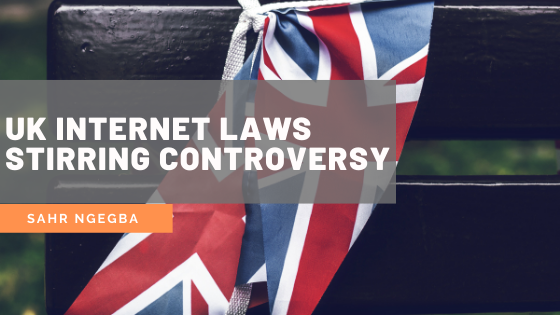A bill proposed to British parliament, simply titled “Online Safety Bill,” is causing quite the ruckus. The government claims this draft, if passed, would make the UK the safest place in the world to use the internet while maintaining user freedoms. However well intentioned, the legislation is being viewed as a power grab.
Civil rights groups, tech giants, and academics are particularly concerned about the affect this bill could have on free speech. It would, after all, give sole regulatory discretion to a lone politician, the Secretary of Culture, Oliver Dowden. He would be empowered to modify the current regulatory code of how tech companies should protect users which was originally designed by an independent committee, Ofcom. Ofcom is the UK’s communication regulator for television, radio, telephone, and of course, the internet. It is their mission to control harmful material, including the prevention of elder scams.
Critics fear that this sort of power endowed upon one player may create an environment in which the definition of free speech could change on a political whim. Ofcom, they say, would no longer be truly independent if it was forced to comply with regulations produced by one person. In other words, the secretary of state could potentially regulate internet use to promote political agendas without any real checks or balances in the system.
Opponents to the Online Safety Bill purport that any changes to freedom of speech should be made via full legislative procedure rather than the opinions of an individual. Citizens are having a hard time trusting that their government has the good of all at heart when this sort of legislation takes the power to legislate away from the people.
The bill has yet to make its journey through parliament. It will first be thoroughly reviewed by legislators before finalization. The British government and opponents to the bill must decide now who will sit on the pre-legislative finalization committee. It is expected to then enter parliament toward the end of this year.
Similar concerns were raised in 2020 when Twitter and Facebook began more thoroughly regulating political posts, however, the right of private corporations to censor material is much different than government censorship, a touchy subject in the western hemisphere.

